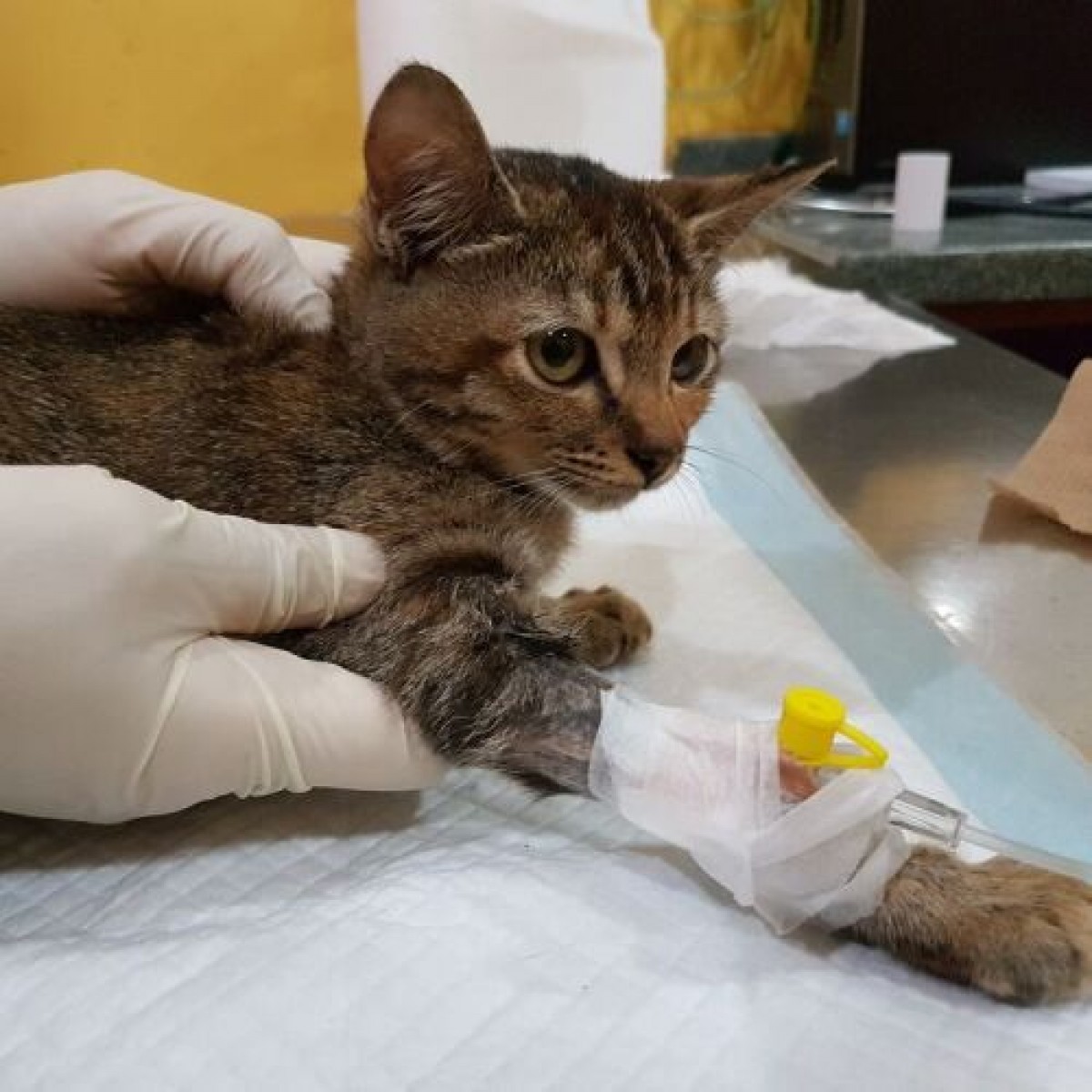Vaccination, awareness are key tools to prevent tick-borne encephalitis
The disease can occur when consuming unpasteurized dairy products from affected animals
This article originally appeared in Portal Veterinaria.
Vaccination programs and public awareness campaigns could reduce the number of people affected by tick-borne encephalitis virus or tick meningoencephalitis, which is sometimes contracted through food, according to new research.
Tick-borne encephalitis (TBE) is a viral infection of the central nervous system. Humans acquire TBE primarily through tick bites, but it is occasionally contracted by consuming raw, unpasteurized dairy products from affected animals.
A group of researchers in Israel analyzed cases of foodborne TBE, mainly from Central and Eastern Europe. Most infections were reported during the warmer months of April to August and were associated with raw, unpasteurized goat dairy products. The median incubation period was short, 3.5 days, and neuroinvasive disease was common, according to the study published in Emerging Infectious Diseases.
In the meta-analysis, researchers included 19 studies describing 410 patients across Europe. Countries reporting cases from 1980 to 2021 were Slovakia, Czech Republic, Poland, Hungary, Estonia, Germany, Croatia, Austria, Russia and Slovenia.
Results
Of 273 patients with data on the season of infection, 243 were infected from April to August, and 30 from September to November. The patients ranged in age from one to 85 years. Most cases occurred in months that coincide with tick season in Europe.
Of the 120 patients in whom vaccination status was recorded, only one was vaccinated. This person received their last booster of vaccination against the TBE virus more than 15 years before infection.
Among 232 patients, epidemiological investigation revealed consumption of raw goat's milk or cheese. Raw sheep's milk or cheese was reported in 88 cases, unpasteurized cow's milk in 23 cases and consumption of a mixture of unpasteurized dairy products in seven cases.
For 124 of 138 patients for whom incubation was reported, the timeframe was less than two weeks. For 14 patients who reported the exact chronology of infection, the median incubation period was 3.5 days.
Although TBE is a notifiable disease in Europe, almost all cases occurred in specific regions. This could be explained by the habits of unpasteurized dairy products in different regions, but data on the frequency of such consumption are lacking in several parts of Europe, the researchers said.
A public health problem
A recent outbreak of TBE occurred in the Auvergne-Rhône-Alpes region of eastern France, where the virus had not previously been detected. Epidemiological investigations revealed that all but one of the 43 patients had consumed unpasteurized goat cheese from a local producer.
The researchers said there could be underdiagnosis, underreporting and variations due to the low number of patients involved in some outbreak reports and incomplete epidemiological investigations.
Another explanation could be the variability in viral load of infected dairy products because the exact dose of virus required for oral human infection is unknown and could be different from the viral load for clinical infection through tick bites.
Transmission of TBE through food is uncommon, but it has the potential to cause outbreaks that affect many people, making it a major public health concern. Such transmission could be eliminated through educational campaigns that encourage people to consume only pasteurized dairy products and through vaccination, the researchers said.
Another study published in the International Journal of Molecular Sciences reported on a familial outbreak of disease, initially suggestive of person-to-person infection, in early summer in Austria.
The index patient was a 39-year-old man who was hospitalized with a four- to five-day history of headache and high fever, with previous malaise and dizziness for one or two days. His 14-year-old son and 41-year-old wife were also admitted three and eight days later, respectively. They were subsequently discharged with headaches in resolution and no fever.
After conducting interviews, the family was found to have consumed unpasteurized goat's milk from a farm in Braunau in Upper Austria two weeks before the onset of symptoms. Tick-borne encephalitis was diagnosed after consumption of goat's milk and the virus was detected in frozen milk samples.
The man and his wife were not vaccinated. The 14-year-old son had received three doses of the vaccine, but not according to the recommended vaccination schedule. Another seven-year-old boy was not infected despite drinking the milk and not being vaccinated.
Researchers said although this was a rare manifestation of TBE, the case series shows that TBE should be included in the differential diagnosis of an outbreak of febrile disease, and a careful clinical history with reference to unpasteurized dairy products is crucial to prevent further disease spread. The best preventive measure is active immunization of people living in, or travelling to, endemic areas.
Elbaz M, Gadoth A, Shepshelovich D, et al. Systematic Review and Meta-analysis of Foodborne Tick-Borne Encephalitis, Europe, 1980–2021. Emerging Infectious Diseases. 2022;28(10):1945-1954. doi:10.3201/eid2810.220498.
Mylonaki E, Seiberl M, Jones N, Bernhard H, Otto F, Pilz G, Trinka E, Wipfler P. Tick-Borne Encephalitis Virus RNA Found in Frozen Goat’s Milk in a Family Outbreak. International Journal of Molecular Sciences. 2022; 23(19):11632. https://doi.org/10.3390/ijms231911632














List
Add
Please enter a comment